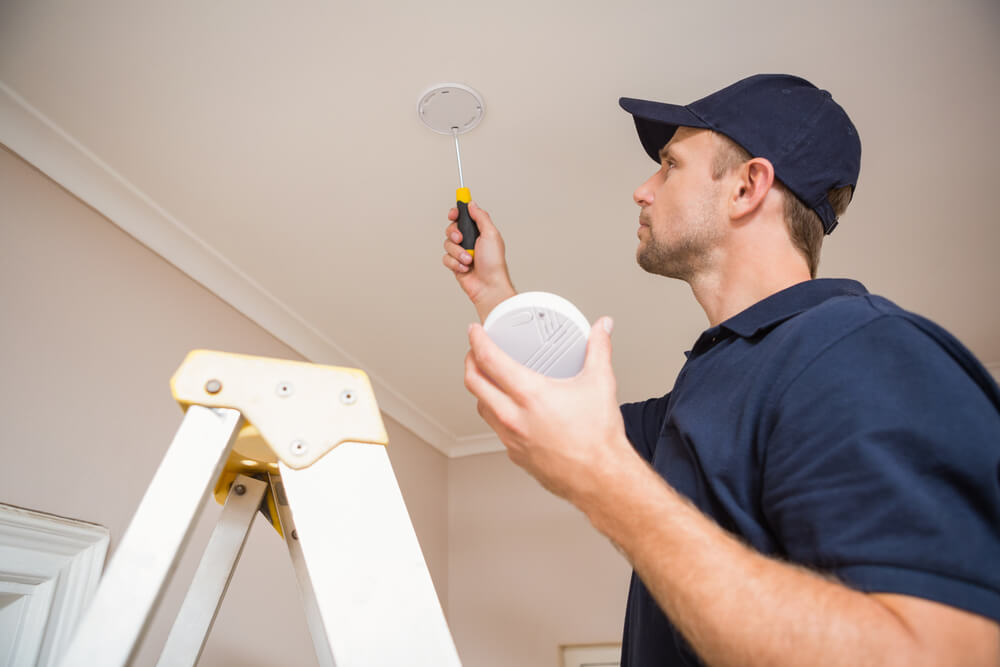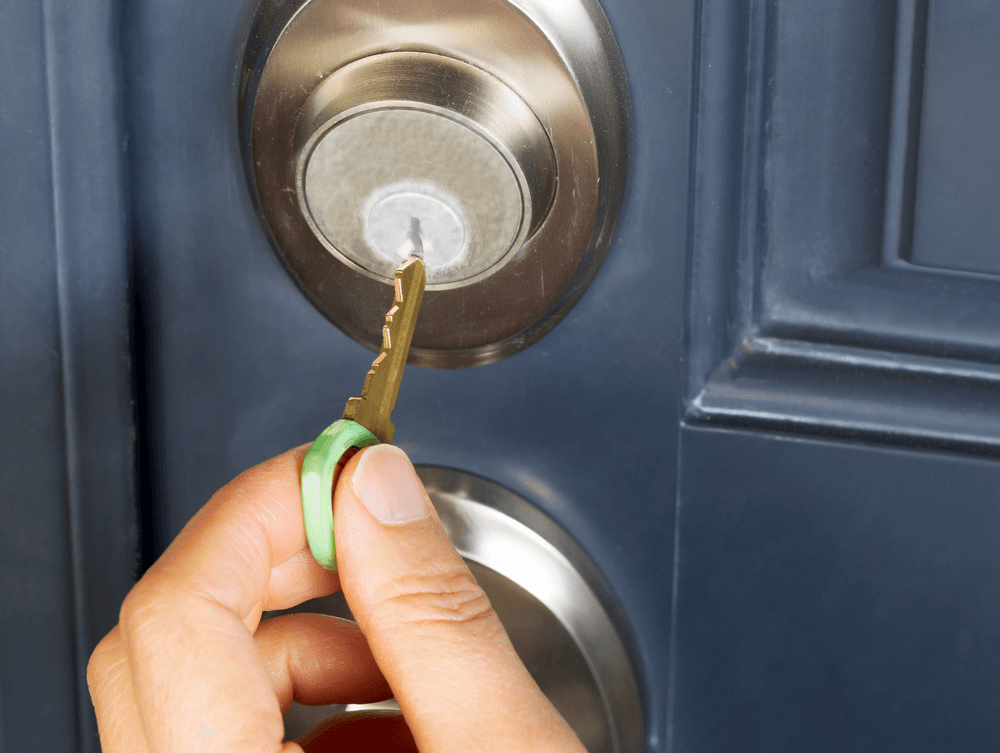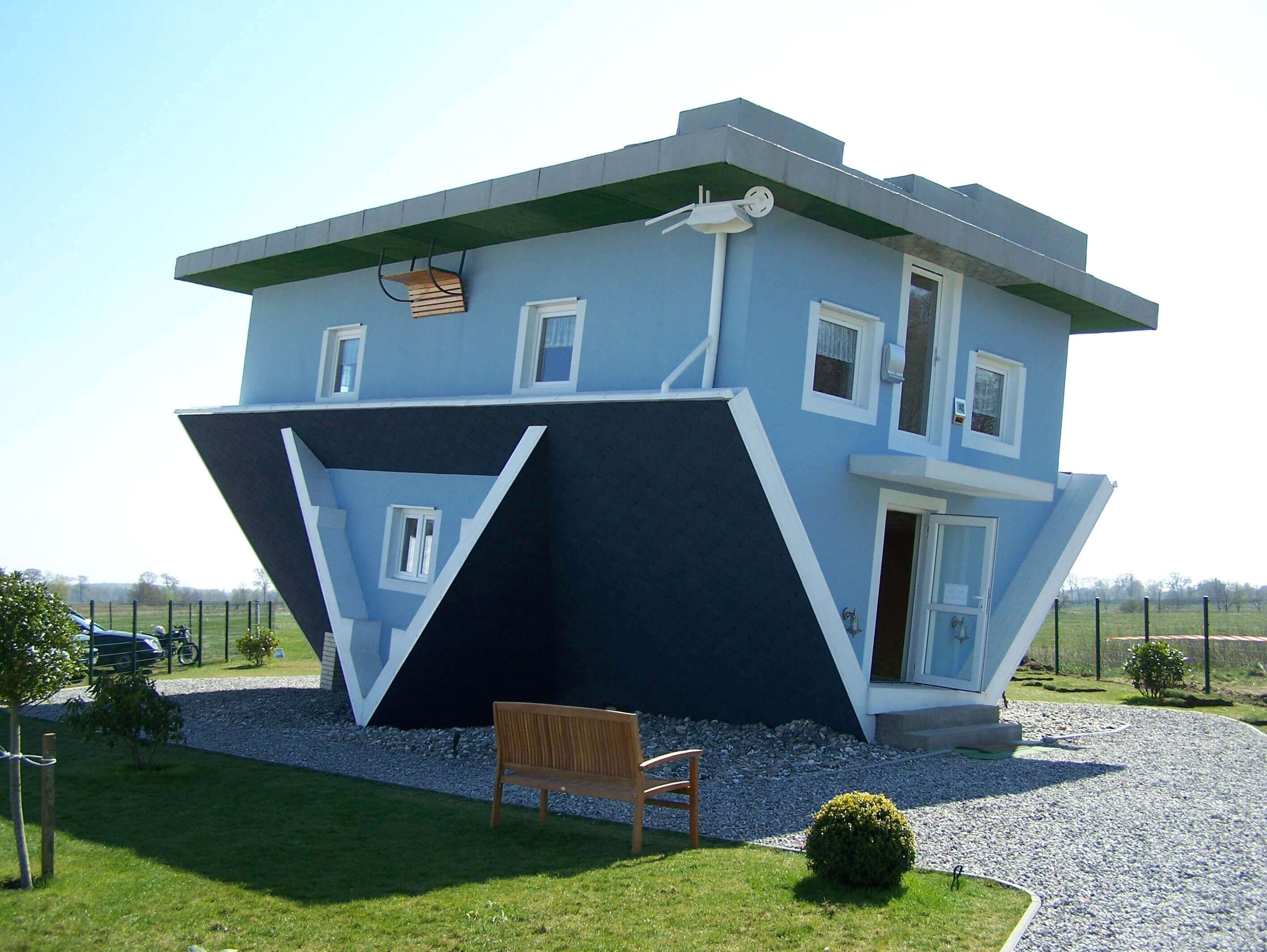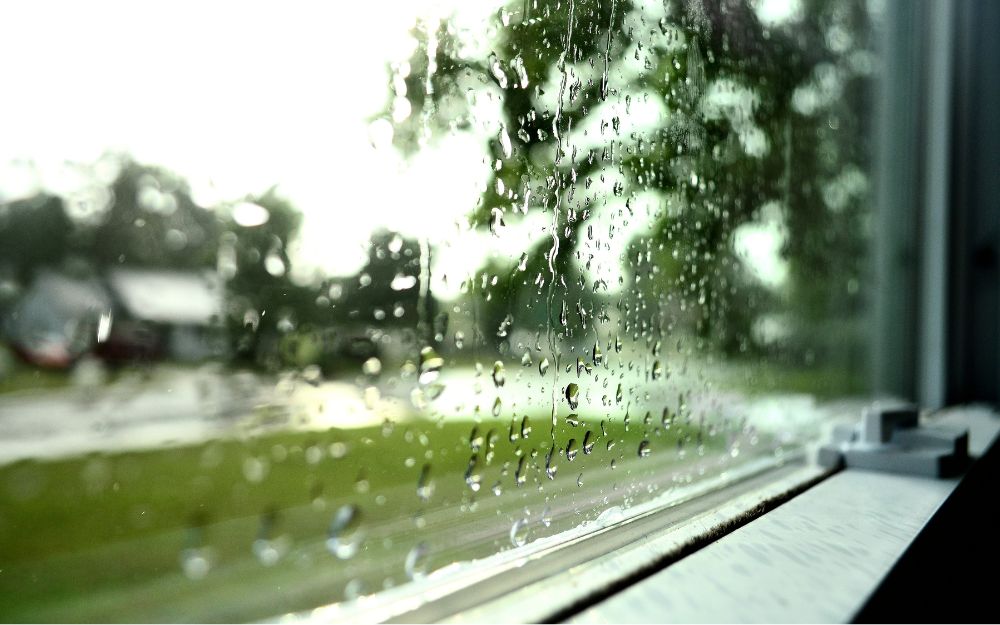It’s winter. The wind is whistling around you and the cold is cutting into your…

Could a carbon monoxide detector save your life ?
Despite the awareness campaigns of recent years, it still happens too frequently that our inspectors discover, during their pre-purchase home inspection or other inspections, houses without a carbon monoxide (CO) detector. Although not all homes require the presence of such a detection system, it is essential for everyone to know the conditions that call for a CO detector. And you, would you know if your house requires one?
Could a carbon monoxide detector save your life ?
Contact our inspectors and see if your family and you are save in your home!
Year after year, CO, or carbon monoxide, is held responsible for several poisonings across the province because its detection is often too late. Odorless and colorless, it is produced during the combustion process of gas, wood, fuel oil, gasoline, etc. In our daily lives, sources of CO take the form of non-electric heating devices (oil furnaces, wood-burning fireplaces, gas boilers, etc.), vehicles with combustion engines (cars, snowmobiles, mowers) and others household appliances running on natural gas or propane (stoves, refrigerators, water heaters, bbq).
In the case of heating or household appliances, the main cause of carbon monoxide poisoning is the poor evacuation of their combustion fumes outside the home. The combustion gases that remain inside can contain a significant concentration of CO and thus poison the occupants. This can occur when the unit is not properly installed or the interior pressure of the housing becomes negative relative to the exterior. Such a pressure difference can occur when a ventilation device such as a dryer, a range hood or an improperly calibrated air exchanger exerts a powerful suction effect of the indoor air. In such cases, the smoke from the combustion, no matter how small, will seek to come back into the house rather than going outside.
The other major source of poisoning is gasoline engine exhaust in an adjacent garage. When a garage has party walls with a living area, the Building Code requires that these walls and ceilings be airtight and that the openings be well sealed. The door leading from the garage to the house must be fitted with a weatherstripping and a hinge device with a spring that automatically closes the door. No mechanical ventilation system, air exchanger or heating register should create a link between the garage and the house. In the event of pressure differences between the two parts, as carbon monoxide could infiltrate the living area through these ducts.
In both cases, in the presence of combustion heaters or when there is a garage adjacent to the living area, our inspectors recommend the installation of a carbon monoxide detector. The detectors can be installed near fuel-burning appliances or near the door leading to the garage. However, they should ideally be installed within 5 meters (16 feet) of each bedroom door (measured along the hallways). These latter locations are the same as those required for smoke alarms. It may therefore be worthwhile to replace smoke detectors with smoke and carbon monoxide alarms (combined) and thus comply with the most recent requirements in this area. If in doubt or for greater safety, nothing prevents installing more than one CO detector in the house.
Once the detector is in place, it is sufficient to periodically check that it is working properly and replace the batteries in the fall and in the spring when the time changes. Above all, if the device’s alarm goes off, do not try to find the source of CO or trivialize the situation. Evacuate the premises as quickly as possible and contact the fire department. For more information, see the Health Canada notice about carbon monoxyde poisoning and prevention
Could a carbon monoxide detector save your life ?
Contact our inspectors and see if your family and you are save in your home!


